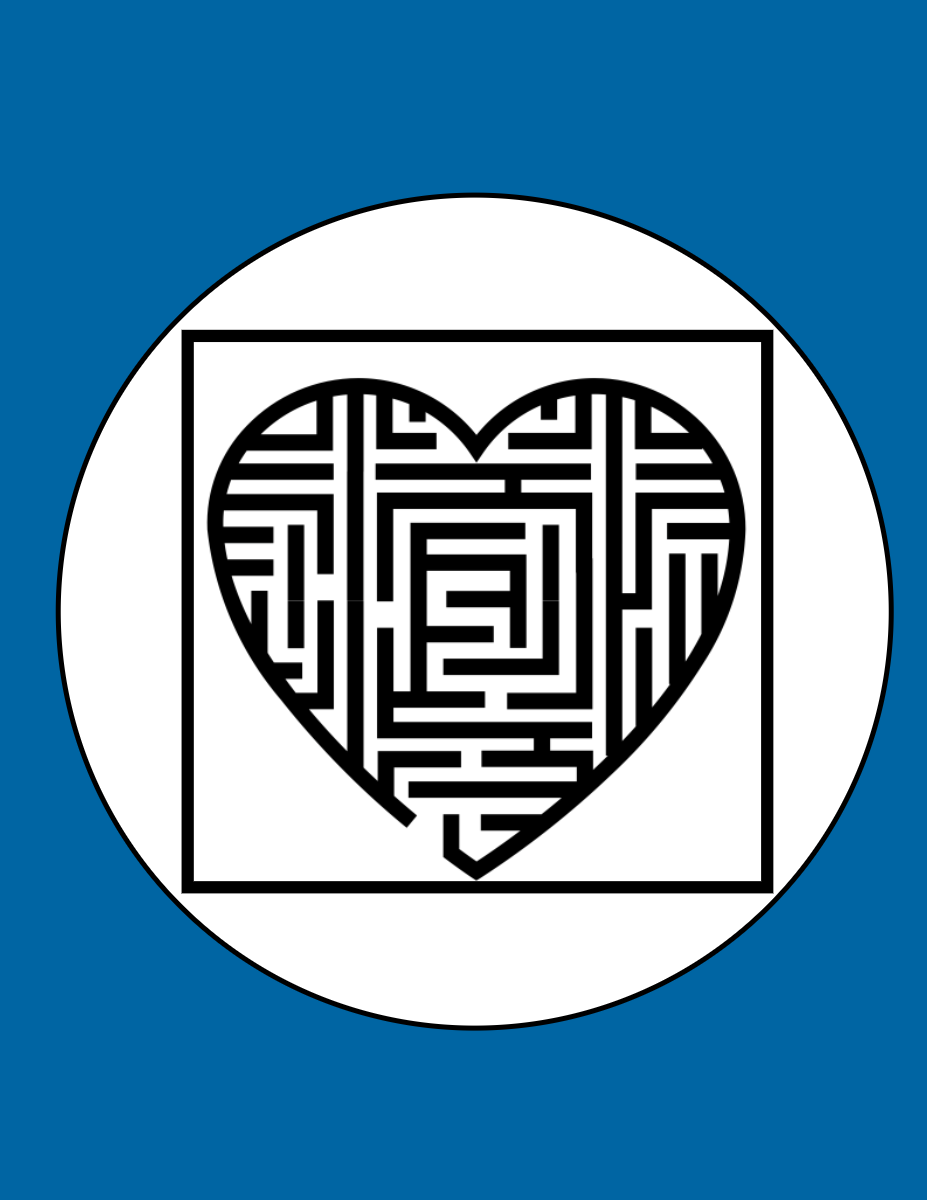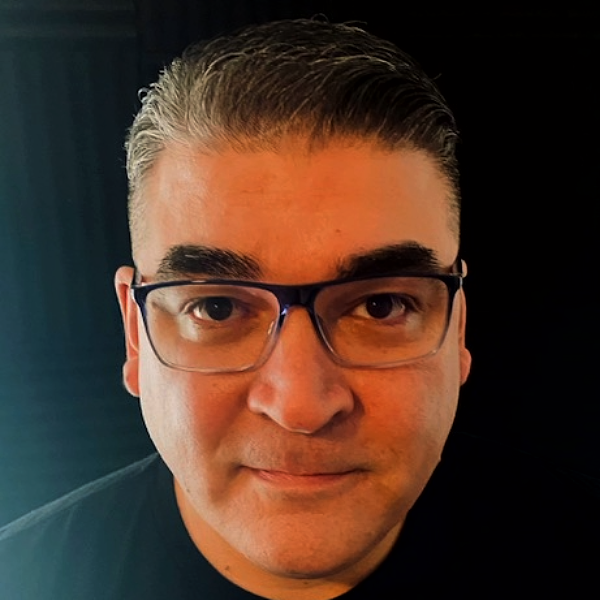
Navigating the Labyrinth
In a world increasingly recognizing the value of neurodiversity, the quest for comprehensive educational information on autism and neurodivergence has become an essential endeavor. However, amidst the vast digital landscape, finding accurate, reliable, and tailored resources for adults and parents can be akin to navigating a labyrinth. This article aims to shed light on the challenges that often arise and provide guidance on how to unearth educational materials that empower individuals in advocacy.
The Challenge of Information Overload
As awareness about autism and neurodivergence grows, so does the volume of information available. A simple online search can inundate seekers with a plethora of sources, ranging from scholarly articles to personal blogs, all with varying degrees of credibility. This influx can overwhelm, leaving adults and parents unsure about where to start or whom to trust.
The Need for Tailored Content
One of the main challenges lies in the scarcity of resources tailored specifically for adults and parents seeking information on autism and neurodivergence. Much of the readily available content focuses on childhood development, leaving those who wish to understand and support neurodivergent individuals across the lifespan feeling underserved. Educational resources should bridge this gap by addressing the unique needs and concerns of adults and parents, offering practical advice and insights relevant to their situations.
Navigating Medical Jargon
Educational content often grapples with complex medical terminologies and jargon, which can be intimidating to individuals without a background in the field. For adults and parents seeking knowledge, deciphering these terms can feel like trying to crack a code. Clear and accessible explanations are crucial to empower readers to grasp essential concepts without feeling alienated.
Ensuring Accuracy and Credibility
In the digital age, misinformation spreads like wildfire, and the realm of autism and neurodivergence is not exempt. Distinguishing reputable sources from pseudo-science or unsubstantiated claims is a daunting task. Without guidance, well-intentioned seekers may inadvertently absorb inaccurate information, leading to misguided actions or beliefs.
Empowerment through Advocacy
Despite these challenges, the pursuit of accurate educational resources on autism and neurodivergence is not a futile endeavor. Armed with determination, seekers can unearth gems of knowledge that empower them to become effective advocates for themselves or their loved ones. Advocacy rests on a foundation of understanding, and the right resources can provide the insights and tools needed to drive change.
Guidance for Finding Educational Resources
- Seek Expert Endorsements: Look for content endorsed by reputable organizations, professionals, or academic institutions specialized in autism and neurodivergence.
- Verify Sources: Cross-reference information from multiple credible sources to ensure accuracy and reliability.
- Check for Tailored Content: Look for resources explicitly designed for adults and parents, addressing their unique concerns and needs.
- Plain Language: Opt for resources that explain concepts in plain language, ensuring accessibility for individuals without a background in neurodiversity studies.
- Community Recommendations: Engage with online forums, support groups, and communities where neurodivergent adults and parents share valuable insights and recommended resources.
Conclusion
The journey to find educational information on autism and neurodivergence for adults and parents may be complex, but it is a journey worth undertaking. The ability to navigate through the challenges of information overload, medical jargon, and credibility concerns empowers individuals to advocate effectively. By following expert guidance, seeking tailored content, and engaging with supportive communities, seekers can uncover the knowledge needed to foster understanding, acceptance, and positive change in the world of neurodiversity.
There needs to be a lot more emphasis on what a child CAN DO instead of what he can not do.
Temple Grandin
